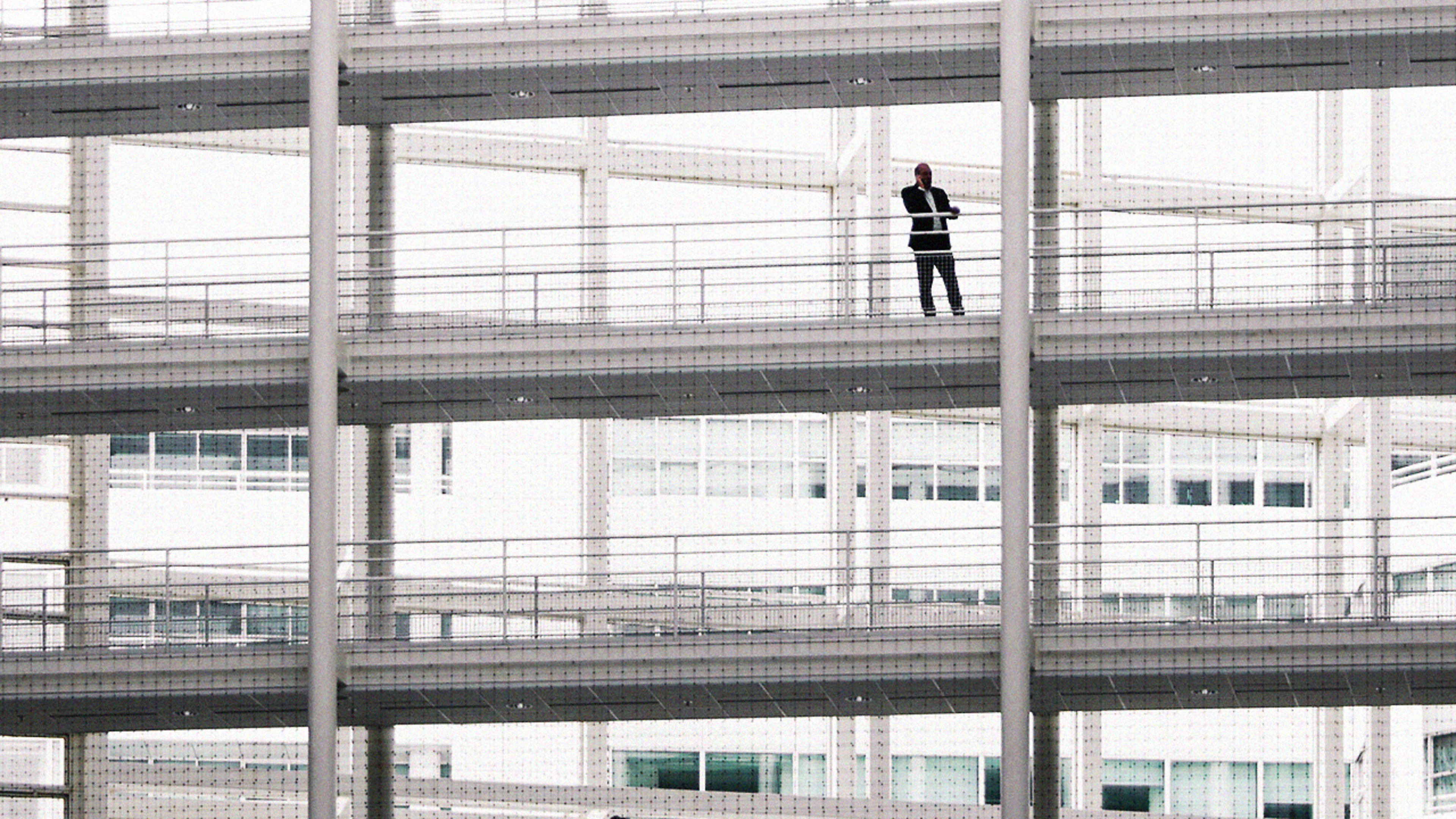As businesses struggle to survive the pandemic, some might emerge with better social and environmental practices. In a new book, Reimagining Capitalism in a World on Fire, Harvard Business School professor Rebecca Henderson explains why companies need to tackle issues like inequality and climate change. Now she believes that the coronavirus crisis may spur some of those positive changes to happen faster than they otherwise would have.
The pandemic is forcing companies to think about purpose
Businesses typically value short-term profits above all else. “In some important ways, we’ve mistaken focusing on profits as a goal, when it really should be a means,” Henderson says. Companies obviously need to profit to survive. But she makes the case that they should be centered on a deeper purpose.
“I think one of the things the pandemic is doing is making that argument very clear: Human society is about more than making money,” she says. “It feels to me now as if business is stepping forward and saying, you know, actually, we’re here to deliver groceries, or create good jobs, or provide the prosperity that this society needs to thrive. Suddenly a whole realm of language has become available to many managers.”
There’s a huge difference, obviously, between companies that are serious about making a difference and those that adopt a mission statement because they think it makes them sound better. But Henderson believes that the pandemic is leading more businesses to think genuinely about purpose.
Companies are thinking more about inequality
In her book, Henderson talks about three major problems: climate change, inequality and poverty, and institutional degradation or collapse. In meetings with company leaders, she says, it’s been easier for her to raise environmental issues. “When I got to the inequality bit of the conversation, everyone would look at me like, what, isn’t this someone else’s job?” Now, as the pandemic has laid bare existing inequities, it’s impossible to ignore.
“Business people are seeing what we’re all seeing, which is people being forced to put themselves in danger without adequate pay because they don’t have healthcare or they don’t have sick leave or savings,” she says. “The fact that we have this enormous fraction of the population, which is living pretty much right at the edge, and now threatens to go right over it, is no longer something that [companies] don’t have to worry about. It’s right here. It’s clearly in play.”
Her students at Harvard are now using language about the exploitation of the working class “that I would have expected to hear from a lefty, Marxist sociologist 10 years ago,” she says. “In teaching MBAs for 30 years, nobody used language like that with me. Now that conversation has been blown wide open.” She thinks it’s now likely that more companies may adopt practices where employees are seen as being as important to the company’s success as its products and services. Work-life balance may potentially also improve, as managers who have suddenly been forced to work from home become more aware of the challenges of childcare.
Businesses are recognizing the importance of the social safety net
The failures of the pandemic response in the United States also help illustrate the need for stronger government. “I love business,” Henderson says. “I think capitalism is one of the greatest inventions of the human race, but it doesn’t cross my mind that business can do everything. Someone has to worry about healthcare, about minimum wage, and the basic labor supports that keep the workforce strong and healthy. And to assume that we could get away without any of those kinds of supports is now literally putting all of our health in danger.”
It makes no sense, she says, that states were bidding against each other for protective equipment in the middle of the pandemic. “I think one of the things the pandemic really does is highlight the need for a responsive, effective, transparent government to provide the conditions that allow the free market to thrive.”
Sustainability work can continue
Although some companies are beginning to pull back on some sustainability work, the companies that have built climate and the environment into their operations will likely continue to work on it, Henderson says. The business case still exists—most companies still have ample opportunity to save money through efficiency improvements and other measures. The best job candidates want to work for companies that are committed to climate action. Investors are pushing for climate action. Companies recognize the risk they face themselves if climate change continues unabated.
And at a broader scale, the pandemic could lead to far more investment in green technology through recovery packages. “If we’re going to spend a trillion dollars on putting people back to work, let’s please put them back to work insulating houses and putting solar panels on the roofs, not cranking up coal plants again,” she says.
Recognize your brand’s excellence by applying to this year’s Brands That Matter Awards before the early-rate deadline, May 3.
